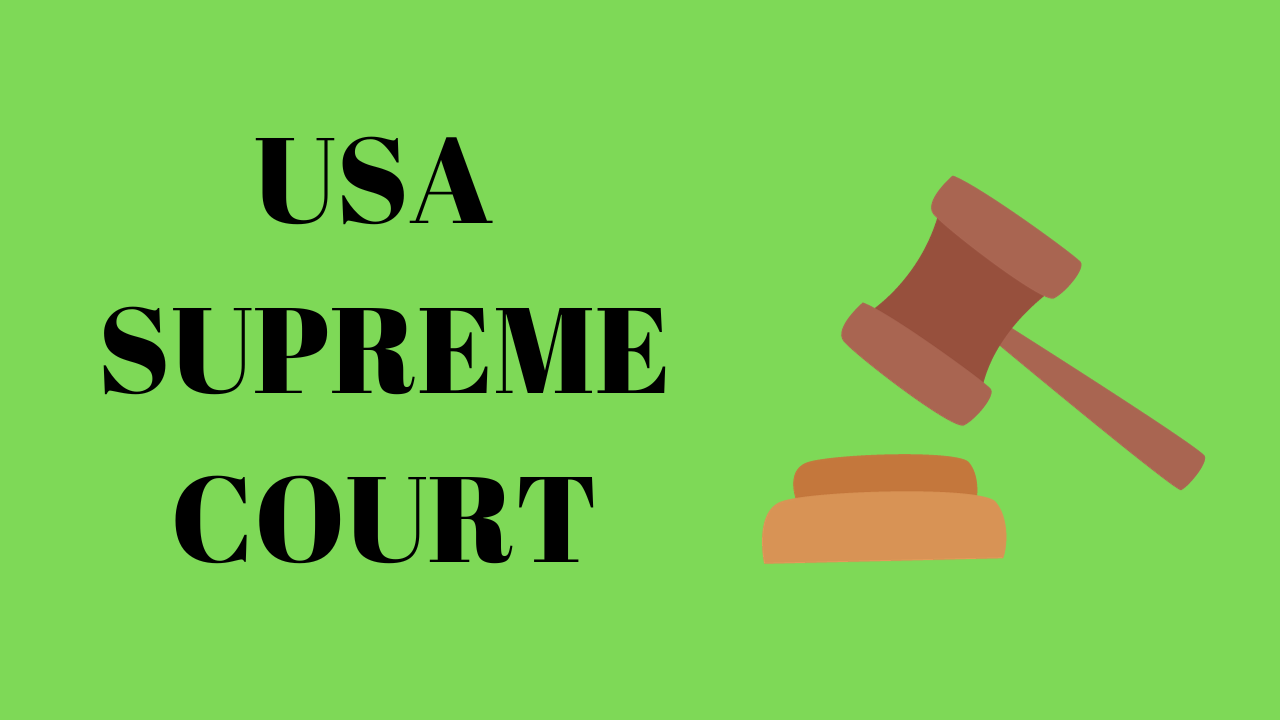TERRY VS OHIO : CASE SUMMARY
The Supreme Court in Terry Vs Ohio (1968) held that frisking of suspicious persons for searching concealed arms is not violative of Fourth Amendment.
FACTS OF THE CASE
Officer Mcfadden was patrolling in plain cloths in downtown Cleveland at approximately 2:30 in Cleveland at approximately 2:30 in the afternoon of October 31, 1963. His attention was attracted by two men – Terry and Chilton, standing on the corner of Huron Road and Euclid Avenue. He found their activities suspicious as they one by one looked into window of a store several times. They were joined by a third man Katz. Officer Mcfaden confronted them, introduced himself and recovered concealed guns from Terry and Chilton. They were taken to Police Station and charged with offence of carrying concealed guns.
Terry and Chilton were confirmed guilty in trial. Appellate Court as well as the Supreme Court of Ohio affirmed conviction.
OPINION OF THE SUPREME COURT
Opinion of the Court was delivered by Chief Justice Warren.
The Supreme Court noted that Fourth Amendment provides that the rights of the people to be secure in their persons, houses, papers and effects, against unreasonable searches and seizures, shall not be violated. This right is available to citizens on the street as well as homeowner closeted in his study to dispose of his secret affairs.
It was contended by Police that distinction should be made between “stop” and “arrest” and between a “frisk” and “search”. The Police should be allowed to “stop” a person and detain him briefly for questioning upon suspicion that he may be connected with criminal activity. On suspicion that the person may be armed the Police should have power to frisk him. If “stop” and “frisk” give rise to probable cause to believe that the suspect has committed crime then police should be empowered to make a formal “arrest” and full “search”. “Stop” and “Frisk” will amount to mere minor inconvenience and petty indignity which can be imposed for enforcement of law.
It was contended by the Petitioner that “stop” and “frisk” is violative of Fourth Amendment. The heart of Fourth Amendment is severe requirement of specific justification for any intrusion upon any protected personal security coupled with a highly developed system of judicial controls.
The Supreme Court noted that ever since its inception, the rule excluding evidence seized in violation of the Fourth Amendment has been recognized as a principal mode of discouraging lawless police conduct. But exclusionary rule has limitations as a tool of judicial control. It cannot be invoked to exclude the product of legitimate police investigative techniques on the ground that such conduct involves unwarranted intrusions upon constitutional protections.
The Supreme Court observed that whenever a police officer accosts an individual and restrains his freedom to walk away, he has seized that person. It is nothing less than torture of English language to suggest that a careful exploration of outer surfaces of a person’s clothing all over his or her body in attempt to find weapons is not a “search”. Moreover, it is simply fantastic to urge that such a procedure performed in public by policemen while citizen stands helpless facing wall with hand raised is petty indignity. It is serious intrusion upon the sanctity of person.
The Supreme Court rejected the notion that the Fourth Amendment does not come into play at all as a limitation upon police conduct if the officers stop short of something called a “technical arrest”.
The Supreme Court observed that it dealt here with an entire rubric of police conduct – necessarily swift action predicated upon the on the spot observations of the officer on the beat – which historically has not been and as a practical matter could not be subjected to the warrant procedure.
One general interest of Government is prevention and detection of crime. This empowers a police officer to approach a person for investigative purposes even though there is no probable cause of arrest. Officer McFadden was discharging this legitimate function when he saw Terry, Chilton and Katz indulging in suspicious activities.
The Supreme Court observed that it would be unreasonable that police officer takes unnecessary risks in performance of his duties. American criminals have long history of armed violence and numerous law enforcement officers are killed in line of duty. When an officer is justified in believing that the individual whose suspicious behavior he is investigating at close range is armed and presently dangerous to the officer or the others, it will be unreasonable to deny the officer to take appropriate measures.
The Supreme Court held that such search is reasonable search under Fourth amendment and any weapons seized may be introduced as evidence.
DISSENTING OPINION OF JUSTICE DOUGLAS
Justice Douglas delivered dissenting opinion. Justice Douglas was of opinion that frisking of the Petitioner was violative of Fourth Amendment as it did not disclose “probable clause”. Had a warrant been sought from the Magistrate, the Magistrate would not have issued one as there did not exist any “probable cause”. This judgment gives greater authority to police than a Magistrate. To give police greater power than a magistrate is to take a long step down the totalitarian path.
IMPACT OF THE CASE
Terry Vs Ohio has expanded the authority of police. The principle propounded in Terry was further expanded in Hiibel Vs Sixth Judicial District of Nevada, Arizona vs Johnson and Helen vs North Carolina.
_______________________________________________
Mukesh Kumar Suman is an advocate and legal author based at Delhi. He regularly appears before various Judicial Forums including NCLT, NCLAT, High Courts and the Supreme Court. He can be approached at mukesh_suman@outlook.com or +91 9717864570.

